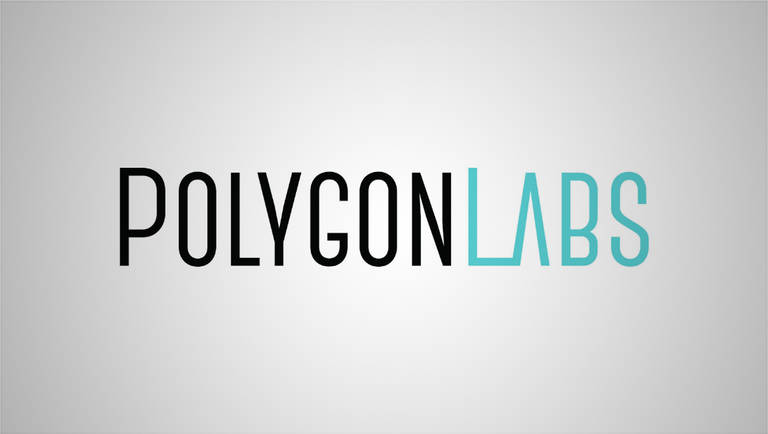With Polygon's "Naples" hard-fork, you can use the new features of the Dencun update

Polygon, Ethereum's Layer 2 network, has successfully completed the Naples hard fork. The sidechain, operating with a PoS validation mechanism, has now added support for the new features introduced with the Dencun upgrade. The upgrade allowed the network to be the first to support the RIP-7212 standard.
The Naples hard fork introduced three key upgrades in anticipation of Ethereum's much-awaited Dencun hard fork, live since March 13th. The upgrades include the following protocols:
- EIP-1153: Transient Storage,
- EIP-6780: SELFDESTRUCT,
- EIP-5656: Memory Copy Instructions.
EIP-1153 aims to improve efficiency in utilizing all available space within each minted block, further optimizing the overall performance of the network. Meanwhile, EIP-6780 limits the functionality of self-destructing opcode, ensuring safer and more controlled operations. Lastly, EIP-5656 reduces technical overhead associated with memory copying and process optimization within the network.

Polygon is gearing up to support EIP-4844 protocol as well. This stands as a key upgrade to enable cost reduction in transactions introduced by Dencun. This integration is expected to be part of the upcoming Polygon update: Feijoa, scheduled for May.
One of the highlights of the Naples hard fork is the inclusion of RIP-7212. Essentially, this is an upgrade that opens the doors to large-scale interoperability. Developed by RollCall, a collective of teams working on Layer 2 blockchain projects, RIP-7212 introduces a new type of precompiled contract useful for signature verification in the "secp256r1" elliptic curve using certain parameters.
In essence, it involves instructions used for transaction encryption and its validation, integrating support for one of the elliptic curves, namely secp256r1, widely used for digital signatures on the Internet. It leverages various elements like message hash, signature components, and public key xey coordinates, as described by the team on GitHub.
Its adoption enables greater interoperability with traditional technologies and devices, translating to increased versatility and the ability to use it with applications dedicated to storing personal keys inside secure enclaves on iPhones or to facilitate various verification processes.
Another key element of the upgrade was the formalization of the role of the RollCall collective. Polygon described it as an entity supporting the extension of the Ethereum Virtual Machine (EVM) within Layer 2 solutions, always adhering to open and accessible standards, which has been Ethereum's main feature since its inception.

Furthermore, community contributors of Polygon have proposed adding support for two more RIP/EIP track changes in the next hard fork of the PoS validation mechanism. Specifically, they should include the EIP-3074 protocol to improve account abstraction options for developers on PoS. Meanwhile, PIP-30 would serve to increase the maximum size limit of the EIP-170 code.
Efforts by the RollCall team to implement RIP-7212 are not limited to Polygon alone. Other Layer 2 solutions, including ZkSync Era and Optimism, are also working to integrate support for this upgrade in the near future. This collaborative approach among Layer 2 projects signifies a step forward towards collective development and proposing Layer 2 solutions as a key mechanism for Ethereum's restructuring.

David Silverman, Vice President of Product at Polygon Labs, emphasized the importance of the RollCall team in consolidating Layer 2 solutions as a fundamental part of Ethereum's scalability strategy. He highlighted that RollCall represents a useful platform for effectively governing the entire Ethereum ecosystem.
Thanks for this information, I like Polygon, but when I use it for gaming you can see the limits
This post has been manually curated by @bhattg from Indiaunited community. Join us on our Discord Server.
Do you know that you can earn a passive income by delegating your Leo power to @india-leo account? We share 100 % of the curation rewards with the delegators.
100% of the rewards from this comment goes to the curator for their manual curation efforts. Please encourage the curator @bhattg by upvoting this comment and support the community by voting the posts made by @indiaunited.